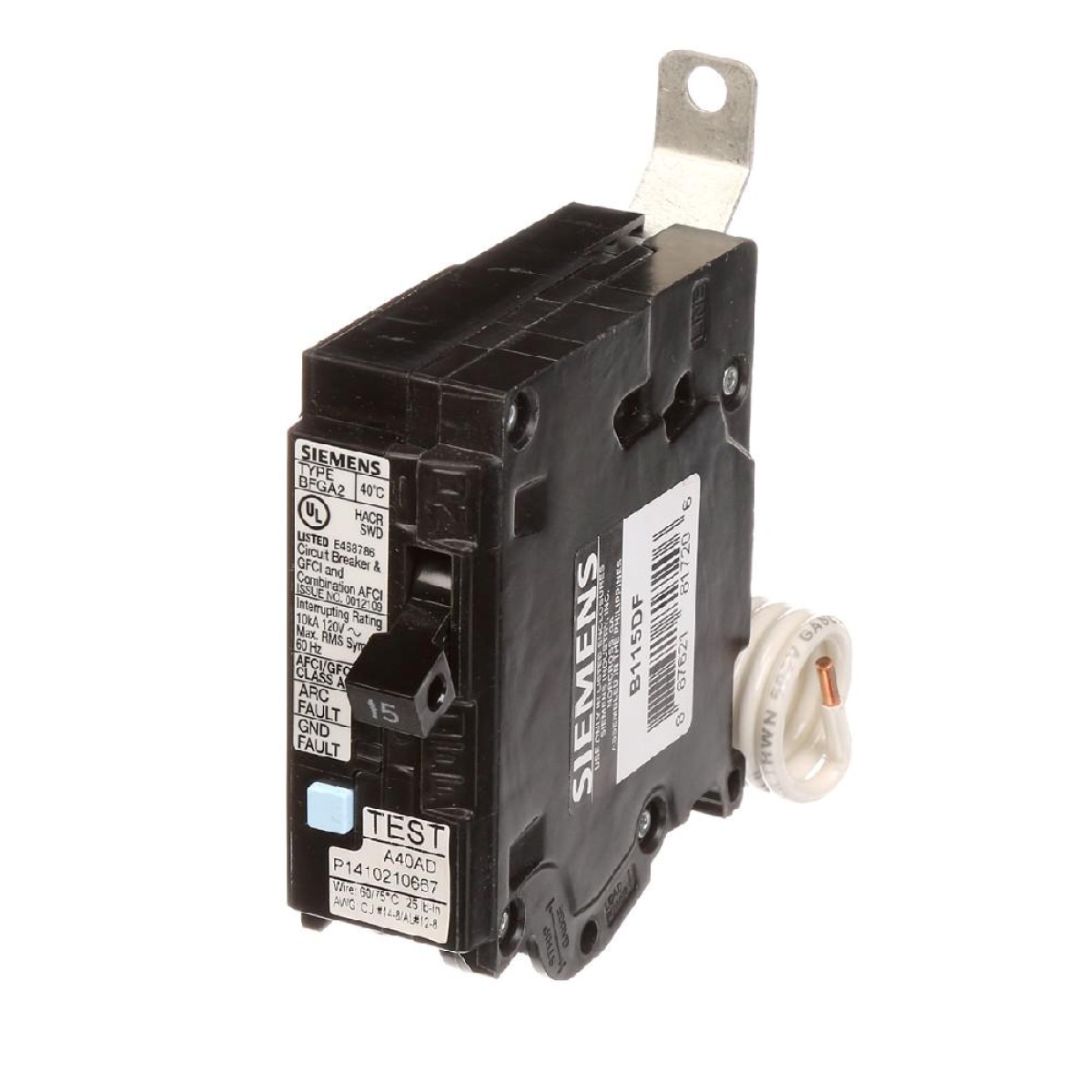

Articles
Where Are AFCI Breakers Required
Modified: January 5, 2024
Discover where AFCI breakers are required in this informative article. Ensure your electrical system meets safety standards.
(Many of the links in this article redirect to a specific reviewed product. Your purchase of these products through affiliate links helps to generate commission for Storables.com, at no extra cost. Learn more)
Introduction
Welcome to the world of AFCI breakers — a vital component in ensuring electrical safety in residential and commercial buildings. AFCI, which stands for Arc Fault Circuit Interrupter, is designed to detect and prevent electrical arcs, which can lead to devastating fires. In this article, we will explore what AFCI breakers are, their purpose, and the requirements for their installation in different settings.
Electrical fires are a significant cause of property damage and loss of life, making it crucial to implement measures that can minimize the risks associated with electrical faults. AFCI breakers play a pivotal role in achieving this goal by continually monitoring electrical circuits for any abnormalities.
The purpose of this article is to shed light on AFCI breaker requirements and provide you with a comprehensive understanding of their significance in electrical safety standards. Whether you’re a homeowner, a business owner, or an electrical professional, this article will equip you with the necessary knowledge to ensure compliance and make informed decisions.
So, let’s dive into the world of AFCI breakers and uncover their importance in safeguarding against electrical hazards.
Key Takeaways:
- AFCI breakers are crucial for detecting and preventing electrical arcs, reducing the risk of devastating fires in residential and commercial buildings. They offer enhanced protection, fire prevention, and code compliance, contributing to overall electrical safety.
- Understanding AFCI breaker requirements is essential for ensuring compliance with local regulations and enhancing electrical safety. Their installation provides numerous benefits, including fire prevention, protection against arc faults, and potential insurance premium reductions.
Read more: Where Are AFCI/GFCI Breakers Required
What is an AFCI Breaker?
An AFCI (Arc Fault Circuit Interrupter) breaker is a specialized type of circuit breaker that is designed to detect and mitigate the risks of electrical arcs, which can cause fires. Electrical arcs occur when there is an unintended flow of electricity through an air gap, causing a brief, intense release of heat and light. These arcs can be caused by damaged wiring, loose connections, or faulty electrical appliances.
AFCI breakers are designed to identify these abnormal electrical arcs and interrupt the circuit to prevent potential fires. Unlike regular circuit breakers that only detect and protect against overloads and short circuits, AFCI breakers are equipped with advanced technology to detect the unique waveform patterns associated with electrical arcs.
When an AFCI breaker detects an arc fault, it quickly interrupts the flow of electricity, reducing the risk of a fire starting. This rapid interruption of power can prevent the arc from escalating and potentially igniting flammable materials nearby.
It’s important to note that AFCI breakers are different from GFCI (Ground Fault Circuit Interrupter) breakers. While GFCI breakers are designed to protect against electrical shock hazards in areas where water is present, AFCI breakers focus on preventing fires caused by electrical arcs.
AFCI breakers are typically integrated into the electrical panel of a building and are installed on specific circuits that are more prone to arc faults, such as bedroom circuits, living rooms, and other areas where electrical appliances and cords are commonly used.
Now that we have a basic understanding of what AFCI breakers are, let’s explore the purpose they serve in ensuring electrical safety in residential and commercial settings.
Understanding the Purpose of AFCI Breakers
The primary purpose of AFCI breakers is to enhance electrical safety by detecting and preventing the occurrence of arc faults, which can lead to devastating fires. Electrical arcs are a common cause of residential and commercial fires, often resulting from damaged or aging wiring, loose connections, or faulty electrical devices. AFCI breakers are specifically designed to monitor electrical circuits for the presence of these arc faults and interrupt the flow of electricity to mitigate the risk of fire.
By continuously monitoring the electrical waveform patterns, AFCI breakers can differentiate between normal electrical activity and abnormal arcs. When an arc fault is detected, the AFCI breaker reacts swiftly, tripping the circuit and cutting off the power supply to the affected area. This rapid response helps prevent the escalation of the arc, reducing the potential for fire hazards.
AFCI breakers are particularly important in areas where the risk of arc faults is higher, such as bedrooms, living rooms, and other spaces where electrical appliances, cords, and extension cords are commonly used. These breakers are designed to offer an additional layer of protection, complementing the standard circuit breakers and reducing the likelihood of electrical fires in these areas.
One of the key benefits of AFCI breakers is their ability to detect low-energy arcs, which are often the precursors to more dangerous arc faults. These low-energy arcs are too weak to trip a standard circuit breaker, but can still generate sufficient heat to ignite surrounding combustible materials over time. AFCI breakers can identify and interrupt these arcs, preventing them from evolving into more destructive and potentially deadly events.
Additionally, AFCI breakers can help prevent electrical fires caused by arcs that occur due to wiring hidden behind walls or ceilings. These concealed arcs have the potential to smolder undetected for long periods before igniting combustible materials, making them a significant fire hazard. Installing AFCI breakers provides an added measure of protection by actively monitoring hidden wiring and interrupting any arc faults detected.
Overall, AFCI breakers are a critical component in modern electrical systems, offering enhanced protection against the risks of electrical arcs and the potential for devastating fires. Whether in residential or commercial settings, the purpose of these breakers is to reduce the occurrence of arc-related fires, safeguard lives, and protect properties from the devastating consequences of electrical faults.
AFCI Breaker Requirements for Residential Buildings
Residential buildings have specific requirements for AFCI breakers to ensure the highest level of electrical safety. These requirements vary depending on the building codes of different regions, but there are some general guidelines that are commonly followed.
In many jurisdictions, AFCI breakers are required for circuits supplying power to bedrooms. This is because bedrooms typically have a higher likelihood of containing electrical devices, such as chargers, lamps, and portable heaters, which can increase the risk of electrical arcs.
Another common requirement is the inclusion of AFCI breakers for circuits supplying power to living rooms and family rooms, as these areas often have a high concentration of electrical appliances and entertainment systems that can be potential sources of electrical arcs.
Kitchens are another area where AFCI breakers may be required. The presence of cooking appliances, microwaves, and other electrical devices in close proximity to flammable materials such as curtains or kitchen towels increases the fire risk. AFCI breakers can add an extra layer of protection by detecting and interrupting arc faults in these circuits.
Other areas in a residential building where AFCI breakers may be required include dining rooms, dens, and other spaces with electrical outlets. This helps to ensure comprehensive protection against arc faults throughout the entire living space.
It is important to note that AFCI breaker requirements can vary depending on the specific version of the electrical code adopted by the jurisdiction. For example, some regions may only require AFCI breakers for new construction or major renovations, while others may have retroactive requirements for existing dwellings.
When installing AFCI breakers, it is crucial to follow the manufacturer’s specifications and guidelines to ensure proper installation and functionality. It is recommended to consult with a licensed electrician who is familiar with local building codes and can ensure compliance with AFCI breaker requirements.
Overall, AFCI breaker requirements for residential buildings are put in place to provide an added layer of protection against the risks of electrical arcs and potential fire hazards. By implementing these requirements, homeowners can enhance the safety of their living spaces and reduce the chances of electrical-related fires.
AFCI Breaker Requirements for Commercial Buildings
In commercial buildings, the requirements for AFCI breakers may differ from those for residential buildings due to the specific electrical needs and usage patterns in these spaces. While the specific requirements can vary based on local building codes and regulations, there are some general guidelines for AFCI breaker installation in commercial settings.
Commonly, AFCI breakers are required for circuits supplying power to areas such as offices, conference rooms, break rooms, and other spaces where electrical appliances and equipment are extensively used. These areas often have a higher chance of experiencing arc faults due to the presence of computers, printers, copiers, and other electrical devices.
Similar to residential buildings, commercial kitchens also require AFCI breakers to mitigate the risk of arc faults caused by electrical appliances, such as commercial ovens, microwaves, and fryers. The close proximity of flammable materials, such as cooking oils and cleaning solvents, increases the potential fire hazard in these areas.
Another critical area for AFCI breaker requirements in commercial buildings is server rooms and IT infrastructure spaces. These areas have a multitude of sensitive electrical equipment, including servers, switches, and networking devices. Arc faults in these circuits can not only lead to fires but also disrupt critical business operations. Installing AFCI breakers helps minimize the risk and protect the valuable IT assets.
Furthermore, conference centers, auditoriums, and similar venues that host large gatherings may have specific requirements for AFCI breakers due to the increased load and electrical usage during events. This helps ensure the safety of attendees and the protection of the building’s electrical infrastructure.
It’s important to consult with a licensed electrician and familiarize yourself with the local building codes and regulations to determine the specific AFCI breaker requirements for commercial buildings in your area. Compliance with these requirements is crucial to maintain a safe working environment, protect property, and meet regulatory standards.
Regular maintenance and periodic inspection of AFCI breakers are essential to ensure their continued effectiveness. Malfunctioning or faulty AFCI breakers should be promptly replaced to maintain the highest level of electrical safety in commercial buildings.
By adhering to the AFCI breaker requirements for commercial buildings, business owners can significantly reduce the risk of electrical arc faults, minimize the potential for fires, and create a safe and secure environment for employees, customers, and visitors.
AFCI breakers are required in bedrooms, living rooms, and other living spaces in most modern homes to protect against electrical fires caused by arc faults. Always check local building codes for specific requirements.
Read more: Where Are Arc Fault Breakers Required?
AFCI Breaker Requirements in Different Countries
AFCI breaker requirements can vary from country to country, as electrical codes and regulations are established at the national or regional level. It’s important to understand the specific requirements in your country to ensure compliance and enhance electrical safety. Here are some examples of AFCI breaker requirements in different countries:
- United States: In the United States, AFCI breaker requirements are outlined in the National Electrical Code (NEC). Residential building codes in the U.S. mandate the use of AFCI breakers for circuits supplying power to bedrooms, living rooms, and other areas. The specific versions of the NEC will have varying requirements, so it’s crucial to refer to the applicable code to ensure compliance.
- Canada: In Canada, AFCI breaker requirements are determined by the Canadian Electrical Code (CEC). Similar to the U.S., AFCI breakers are required for circuits supplying power to bedrooms and other living spaces in residential buildings. The CEC provides specific guidelines for their installation and usage.
- United Kingdom: In the United Kingdom, AFCI breakers are not currently mandatory under the building regulations. However, the British Standards BS 7671 provide guidance on electrical installations and recommend considering the use of AFCI devices as an additional measure to enhance electrical safety.
- Australia and New Zealand: In Australia and New Zealand, AFCI breakers are not currently mandatory under the wiring regulations. However, the use of residual current devices (RCDs) or safety switches is highly encouraged for protection against electrical faults and potential fire hazards.
- Germany: In Germany, the installation of AFCI breakers is not required by the national regulations. However, the Association of Electrical and Information Technology (VDE) provides guidelines and recommendations for the installation of arc-fault detectors as an additional safety measure.
It’s important to note that these examples are not exhaustive, and the requirements for AFCI breakers may vary in different regions within each country. It’s essential to consult the applicable electrical codes and regulations in your specific locality to ensure compliance with AFCI breaker requirements.
As electrical safety standards evolve, some countries may update their regulations to include AFCI breaker requirements in the future. Staying informed about any changes and understanding the benefits of using AFCI breakers can help you make informed decisions to enhance the electrical safety of your building, irrespective of the current requirements.
Always consult with a licensed electrician who is familiar with the local regulations to ensure proper installation and compliance with AFCI breaker requirements specific to your country.
Benefits of Installing AFCI Breakers
Installing AFCI (Arc Fault Circuit Interrupter) breakers provides numerous benefits, primarily centered around enhancing electrical safety and reducing the risk of fires caused by electrical arcs. Let’s explore some of the key benefits of installing AFCI breakers:
- Fire Prevention: AFCI breakers are specifically designed to detect and interrupt electrical arcs, which are a leading cause of electrical fires. By swiftly shutting off the power supply when an arc fault is detected, AFCI breakers help prevent fires from occurring or spreading, potentially saving lives and minimizing property damage.
- Enhanced Protection: AFCI breakers add an extra layer of protection beyond traditional circuit breakers. While standard circuit breakers protect against overloads and short circuits, AFCI breakers specifically target the detection and mitigation of arc faults, offering comprehensive protection against fire hazards caused by electrical arcs.
- Prevention of Smoldering Arc Faults: AFCI breakers can detect low-energy arcs, often referred to as smoldering arc faults. These arcs may not be strong enough to trip a standard circuit breaker, but they can generate enough heat to ignite nearby combustible materials over time. AFCI breakers detect and interrupt these low-energy arcs, preventing them from developing into more dangerous situations.
- Hidden Wiring Protection: Electrical arcs in concealed or hidden wiring behind walls or ceilings pose a significant fire hazard. AFCI breakers actively monitor these concealed wiring circuits, providing early detection of arc faults and preventing the potential ignition of nearby flammable materials.
- Code Compliance: Many building codes and regulations now require the installation of AFCI breakers in specific areas, such as bedrooms, living rooms, and other living spaces. By installing AFCI breakers, you ensure compliance with local codes and regulations, promoting the overall safety and well-being of occupants.
- Potential Insurance Premium Reduction: Some insurance companies offer incentives or discounts for installing AFCI breakers due to their contribution to electrical safety. Contact your insurance provider to inquire about any potential savings or benefits associated with AFCI breaker installation.
It’s important to note that AFCI breakers are not a substitute for proper electrical maintenance and regular inspections. They should be part of a comprehensive electrical safety plan that includes other measures, such as regular wiring inspections, the use of GFCI (Ground Fault Circuit Interrupter) breakers or outlets in appropriate areas, and the proper handling of electrical appliances and devices.
Consulting with a licensed electrician is crucial to ensure the correct installation and adherence to local regulations when installing AFCI breakers. Professional assistance will help maximize the effectiveness of AFCI breakers and ensure the overall electrical safety of your building.
Overall, the benefits of installing AFCI breakers are clear. They provide advanced protection against electrical arcs, enhance fire prevention measures, and contribute to overall electrical safety in residential and commercial buildings.
Common FAQs about AFCI Breakers
Here are some frequently asked questions (FAQs) about AFCI (Arc Fault Circuit Interrupter) breakers to help clarify common queries regarding their installation and functionality:
- Q: What is the purpose of an AFCI breaker?
A: The purpose of an AFCI breaker is to detect and mitigate the risks associated with electrical arcs, which can cause fires. By monitoring electrical circuits for abnormal waveform patterns, AFCI breakers can identify and interrupt arc faults, reducing the potential for fire hazards. - Q: Where should AFCI breakers be installed?
A: AFCI breakers are typically required for circuits supplying power to areas such as bedrooms, living rooms, kitchens, and other spaces with a higher likelihood of arc faults. Building codes may vary, so it’s important to consult the local regulations or a licensed electrician to determine the specific installation requirements in your area. - Q: How do AFCI breakers differ from GFCI breakers?
A: While both AFCI and GFCI (Ground Fault Circuit Interrupter) breakers enhance electrical safety, they serve different purposes. AFCI breakers are designed to detect and mitigate arc faults, which can lead to fires. GFCI breakers, on the other hand, protect against ground faults (electrical shocks) by monitoring the imbalance of electrical current flowing through the circuit. - Q: Can AFCI breakers be retrofitted in older buildings?
A: Yes, in many cases, AFCI breakers can be retrofitted in older buildings. However, it’s important to consider the electrical panel’s compatibility and consult with a licensed electrician to ensure proper installation. Upgrading to AFCI breakers can significantly enhance the electrical safety of older buildings. - Q: Do AFCI breakers require regular maintenance?
A: AFCI breakers typically require no additional maintenance beyond regular testing to ensure proper functionality. Consult the manufacturer’s guidelines or consult with a licensed electrician on how to effectively test AFCI breakers and incorporate testing as part of your routine electrical system maintenance. - Q: Can AFCI breakers prevent all electrical fires?
A: While AFCI breakers significantly reduce the risk of electrical fires caused by arc faults, they cannot prevent all types of electrical fires. Other safety measures, such as regular electrical inspections, proper maintenance of wiring, and safe use of electrical appliances, are also crucial to minimize fire hazards.
It’s important to consult with a licensed electrician for specific questions related to AFCI breakers to ensure accurate information and compliance with local regulations. They can provide expert guidance tailored to your unique electrical system and ensure the proper installation and functionality of AFCI breakers for maximum fire protection.
Remember, electrical safety is a shared responsibility, and staying informed about AFCI breakers and their proper usage can significantly contribute to creating a safer environment in residential and commercial buildings.
Conclusion
AFCI (Arc Fault Circuit Interrupter) breakers play a crucial role in enhancing electrical safety by detecting and preventing arc faults, which can lead to devastating fires. Their installation in residential and commercial buildings provides numerous benefits, including fire prevention, enhanced protection against arc faults, and compliance with building codes and regulations.
Understanding the purpose of AFCI breakers is essential in appreciating their significance in safeguarding against electrical hazards. These specialized circuit breakers continuously monitor electrical circuits, quickly interrupting the flow of electricity when an arc fault is detected. By doing so, they reduce the risk of electrical fires and mitigate potential damage to property and harm to individuals.
Residential buildings often require AFCI breakers in areas such as bedrooms, living rooms, and kitchens, while commercial buildings may have additional requirements for spaces like offices, conference rooms, and server rooms. Compliance with these requirements ensures comprehensive protection and adherence to electrical safety standards.
The specific requirements for AFCI breakers can vary from country to country, based on local electrical codes and regulations. It is important to consult the relevant regulations in your area to ensure compliance with AFCI breaker installation and usage.
There are numerous benefits to installing AFCI breakers, such as fire prevention, enhanced protection against arc faults, prevention of smoldering arc faults, and protection of hidden wiring. AFCI breakers also contribute to code compliance and may even provide potential insurance premium reductions.
While AFCI breakers add an extra layer of protection, they should be part of a comprehensive electrical safety plan that includes regular maintenance, inspections, and safe handling of electrical appliances and devices. Consulting with a licensed electrician is crucial for correct installation and compliance with local regulations.
In conclusion, AFCI breakers are a critical component in promoting electrical safety in residential and commercial buildings. Their ability to detect and mitigate arc faults significantly reduces the risk of electrical fires, protecting lives and properties. By understanding AFCI breaker requirements, their benefits, and seeking professional advice, we can create safer environments and minimize the devastating consequences of electrical faults.
Frequently Asked Questions about Where Are AFCI Breakers Required
Was this page helpful?
At Storables.com, we guarantee accurate and reliable information. Our content, validated by Expert Board Contributors, is crafted following stringent Editorial Policies. We're committed to providing you with well-researched, expert-backed insights for all your informational needs.
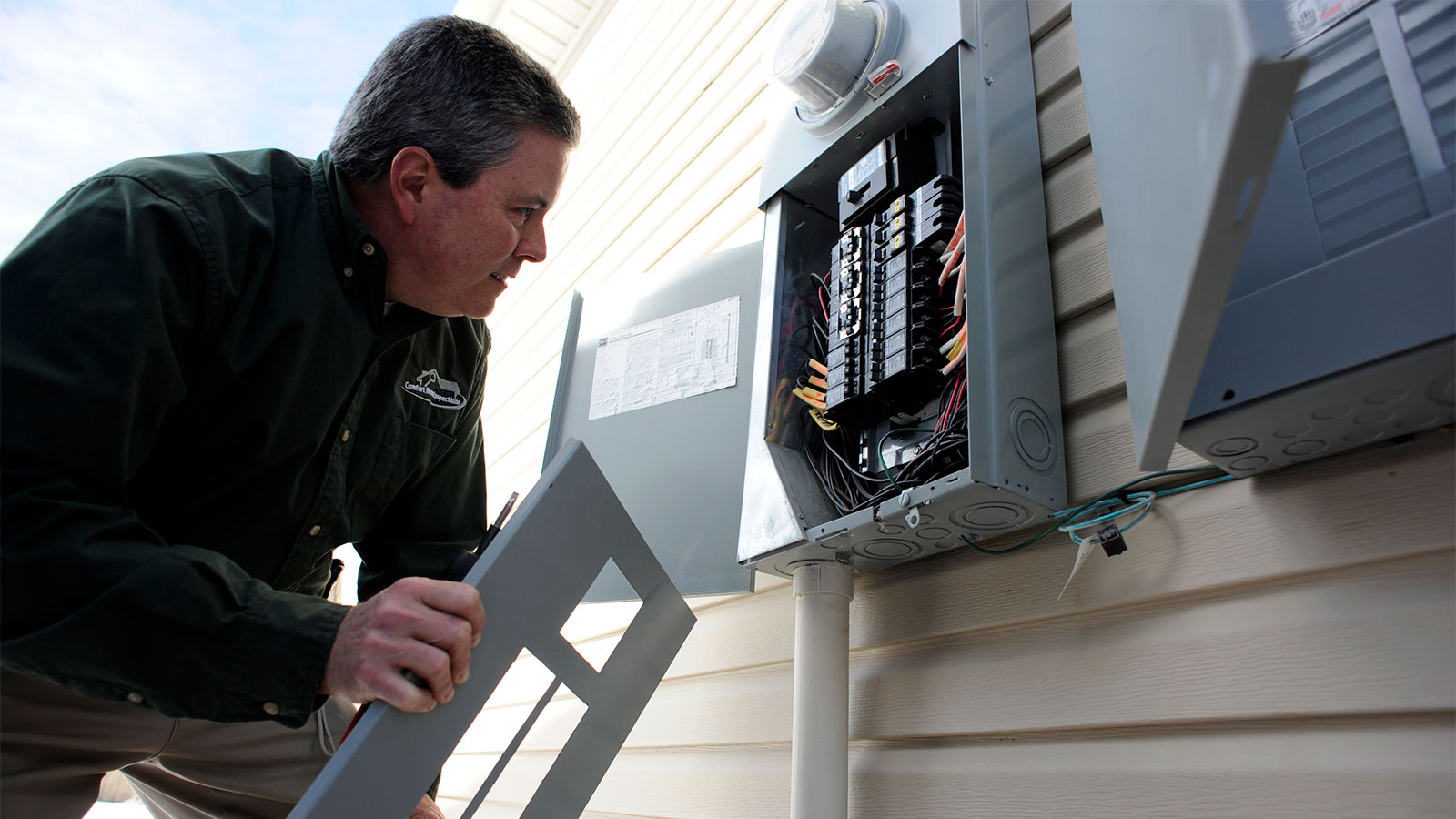
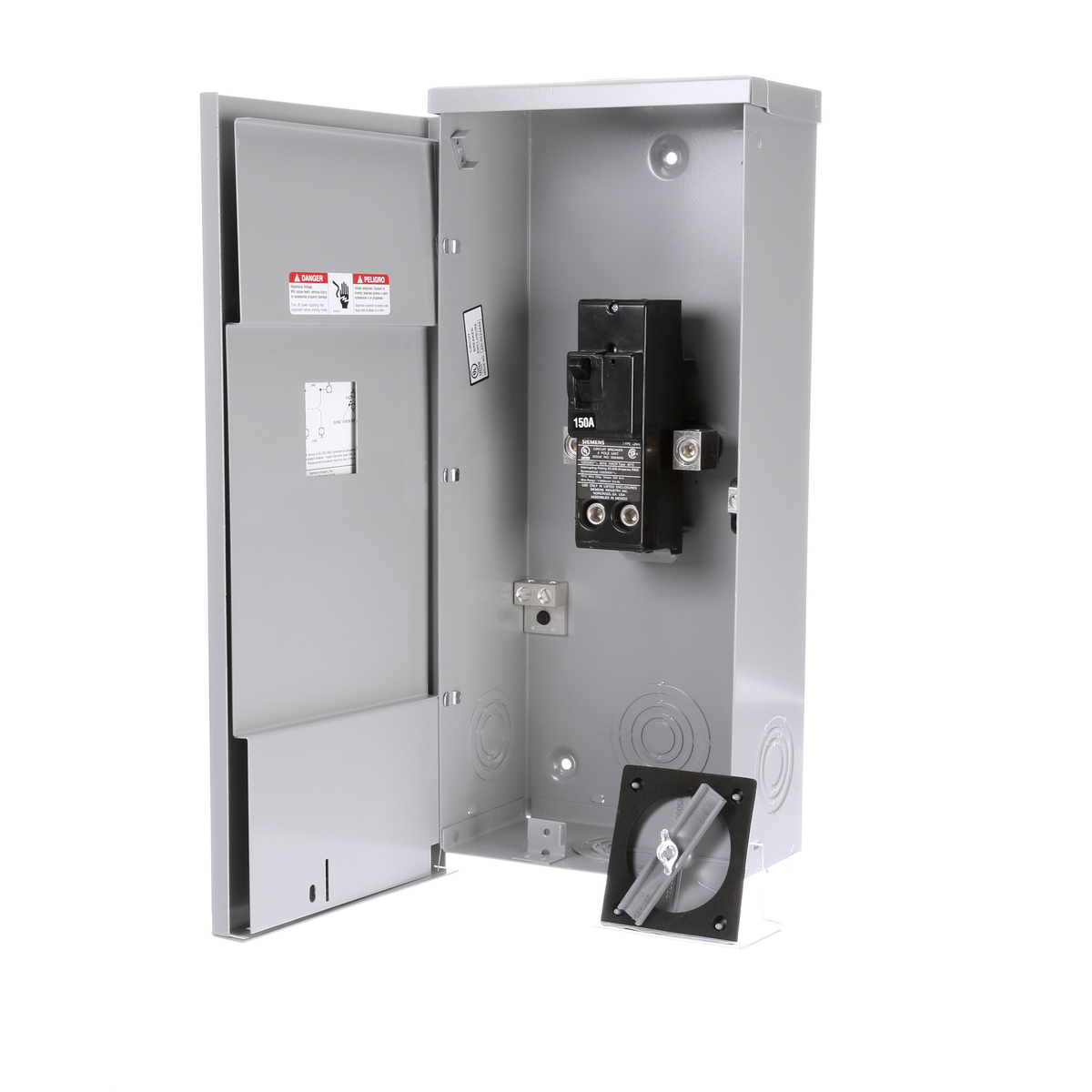
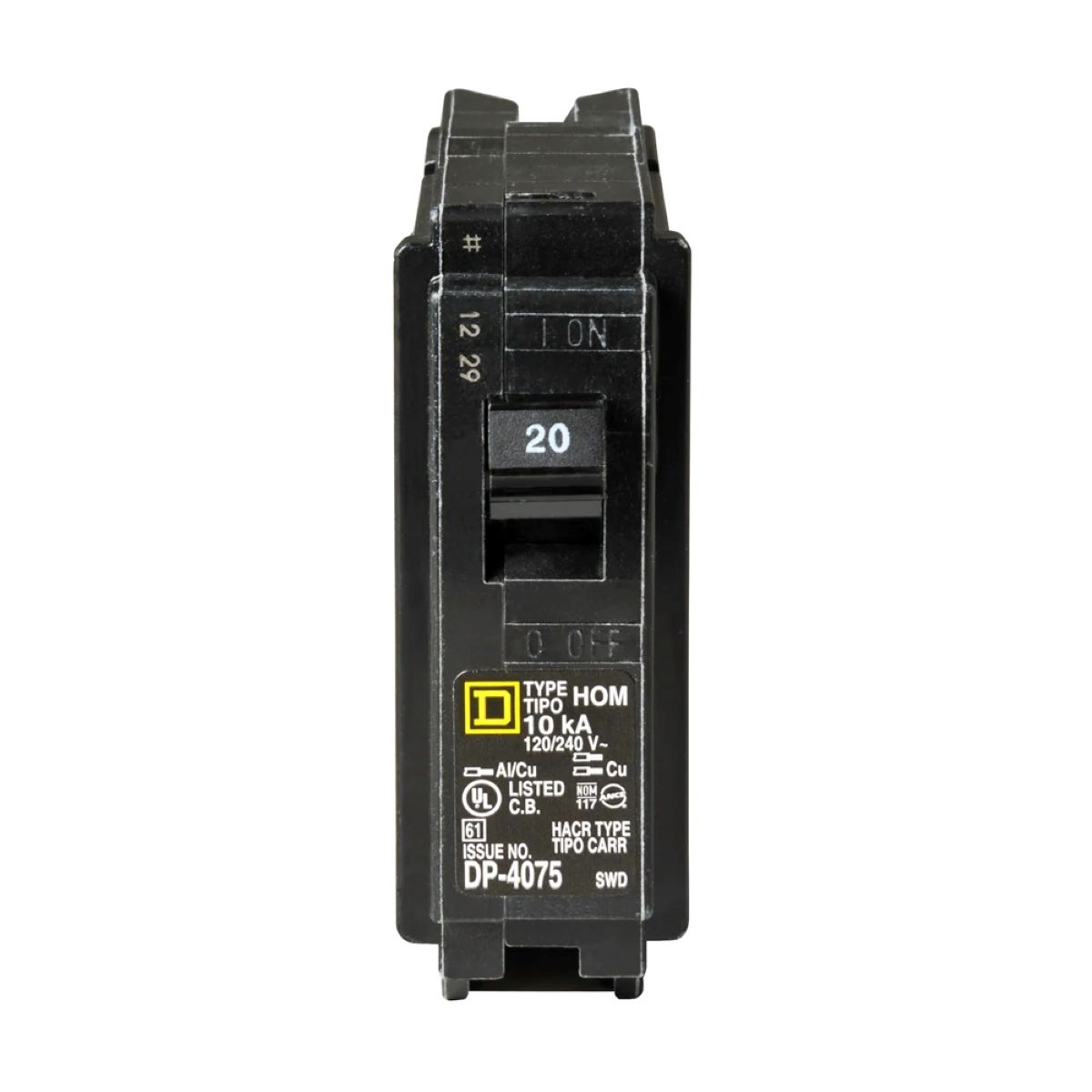
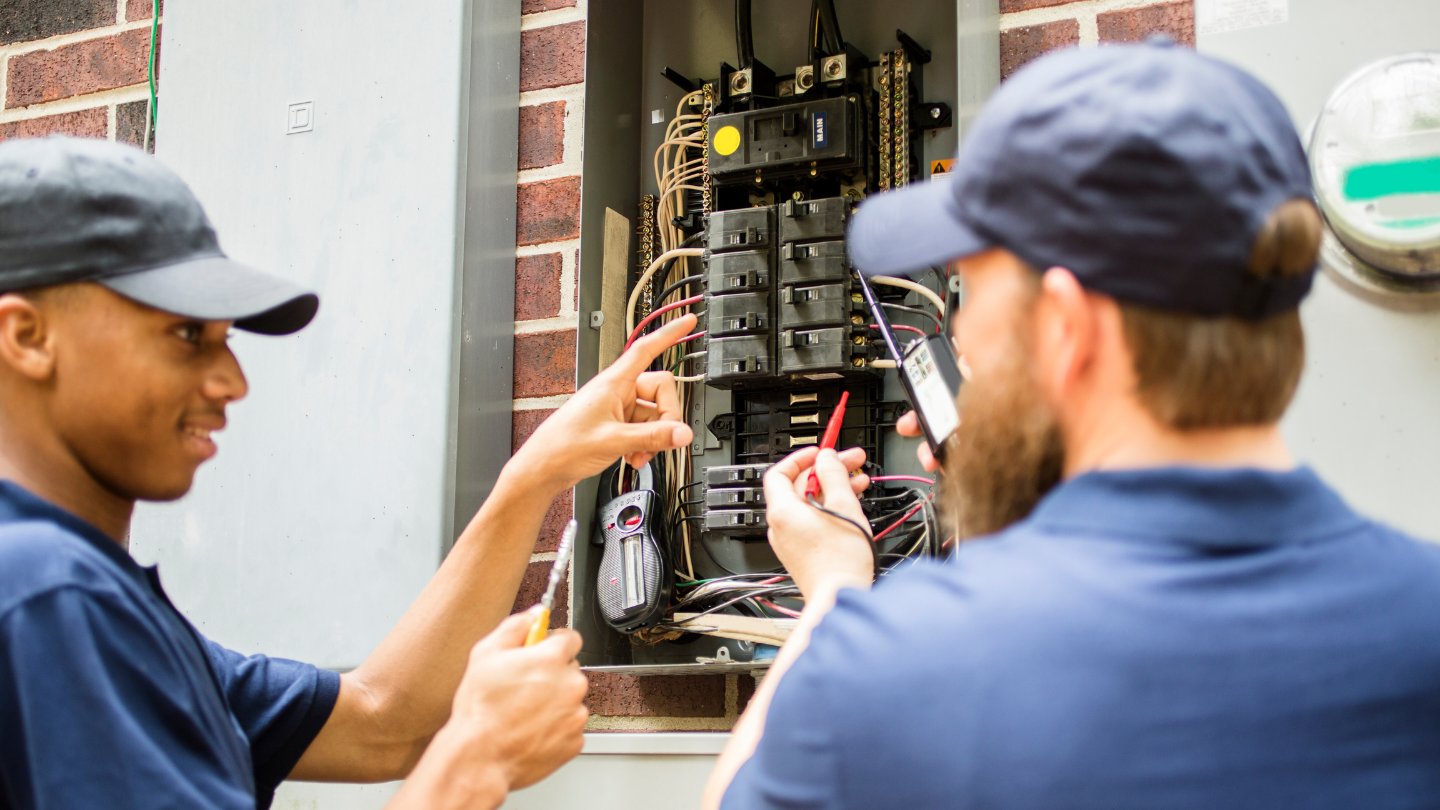
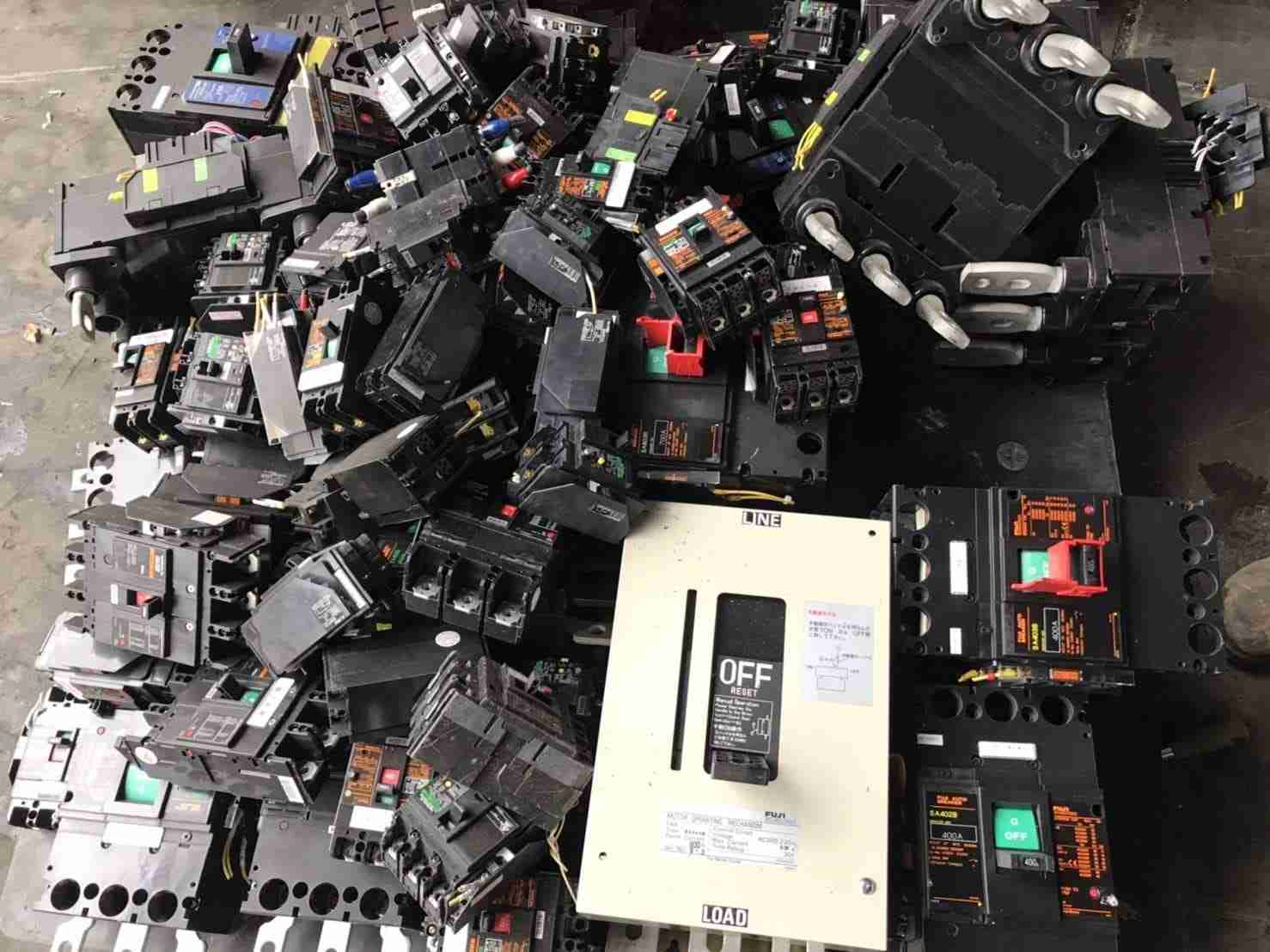
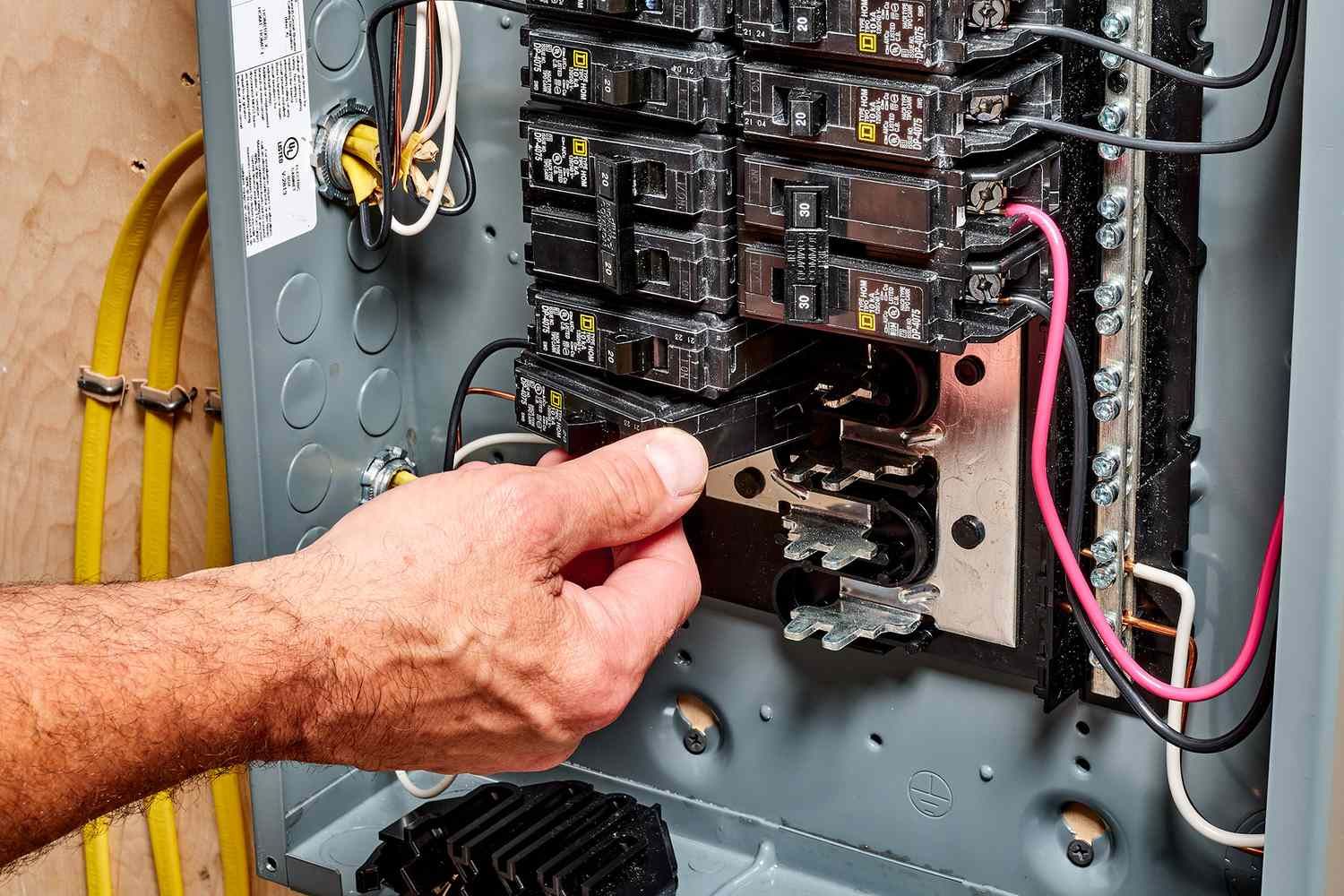
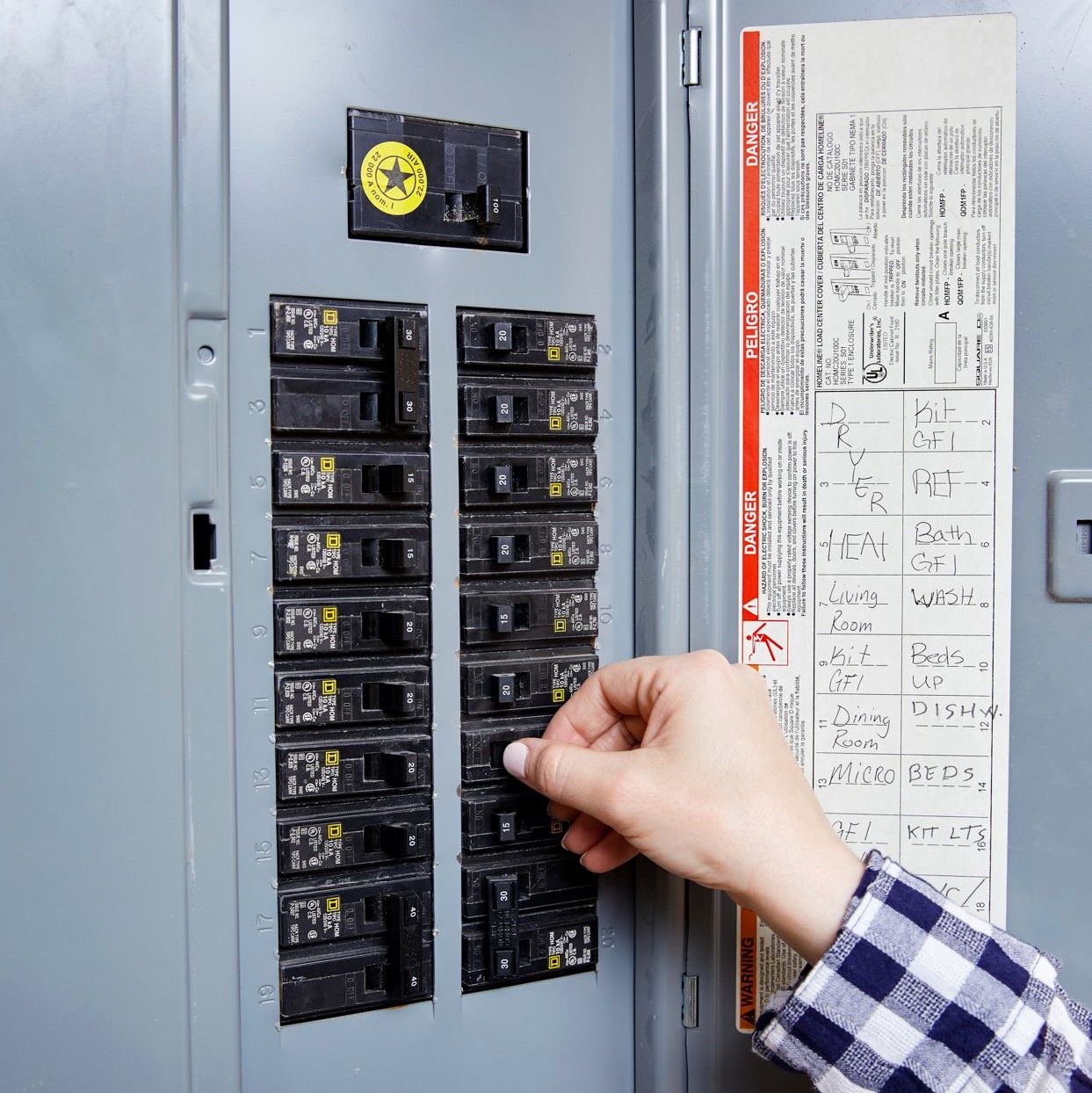
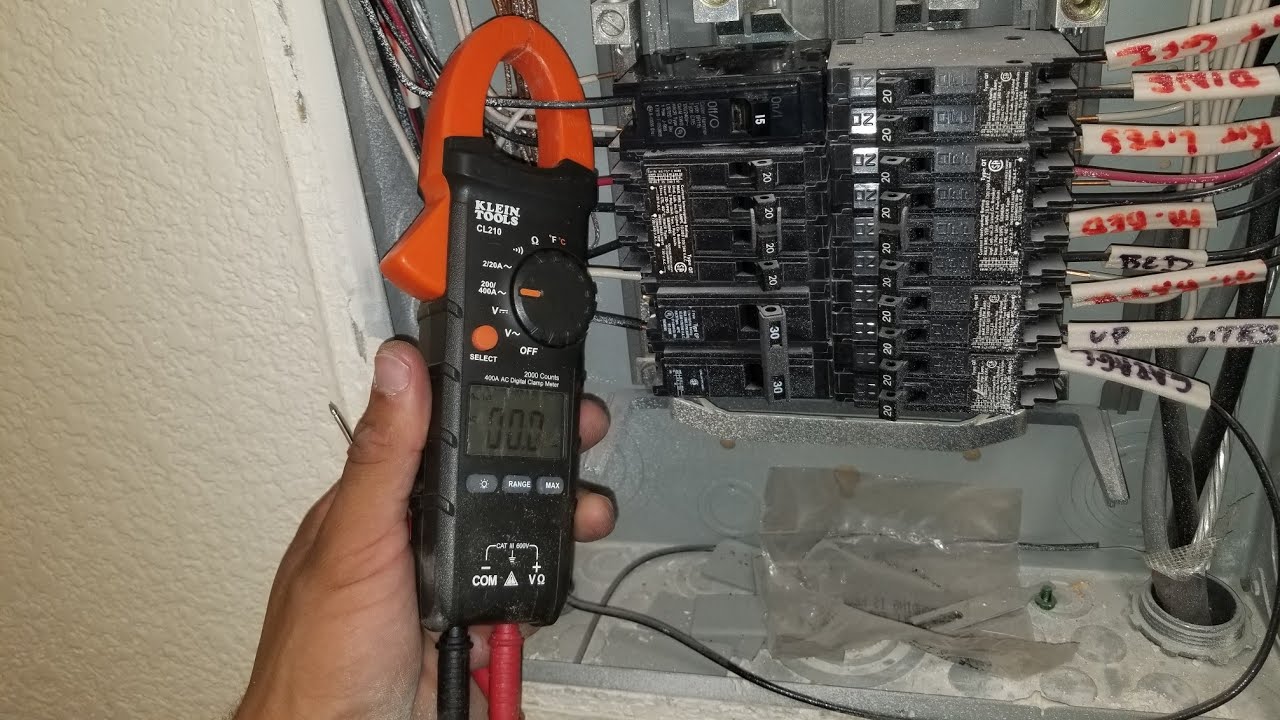
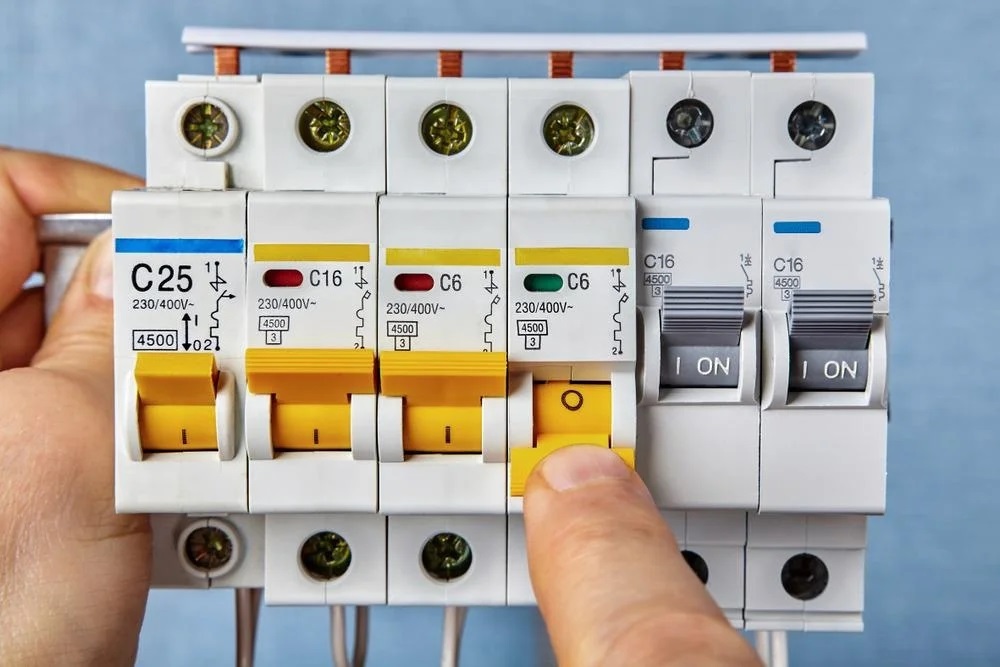
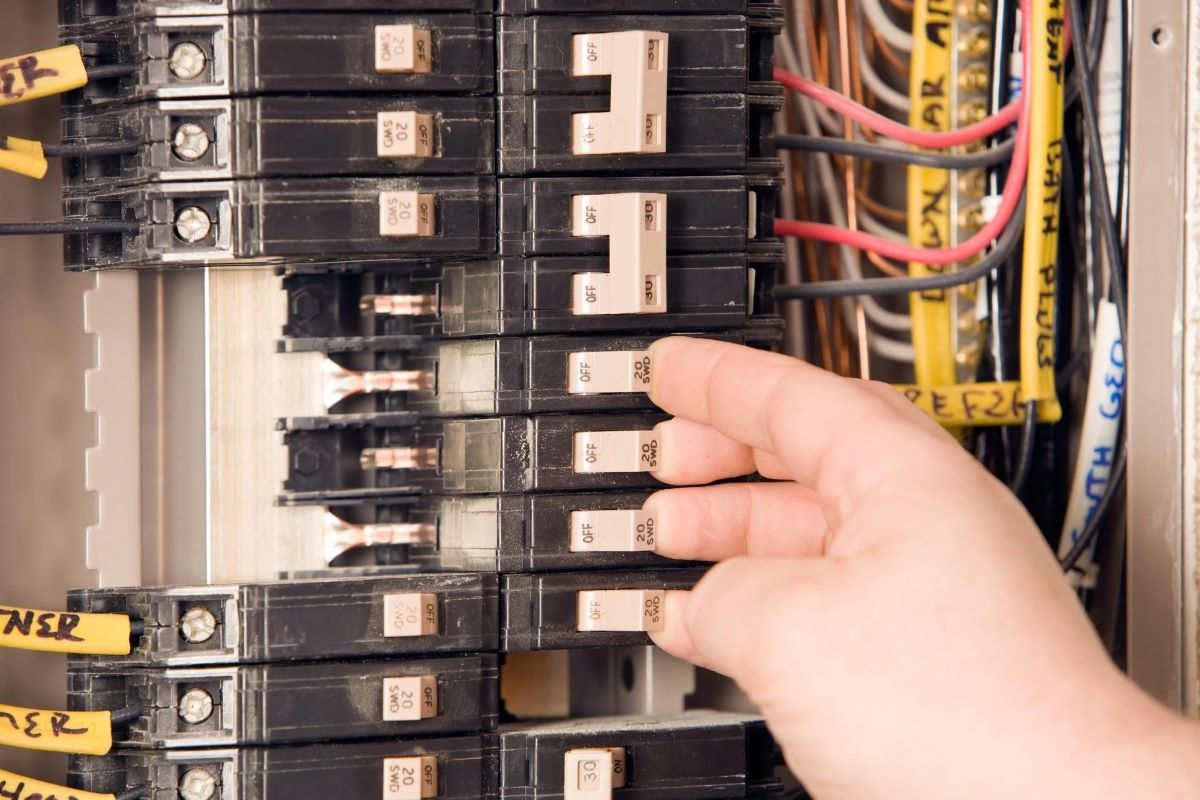





0 thoughts on “Where Are AFCI Breakers Required”